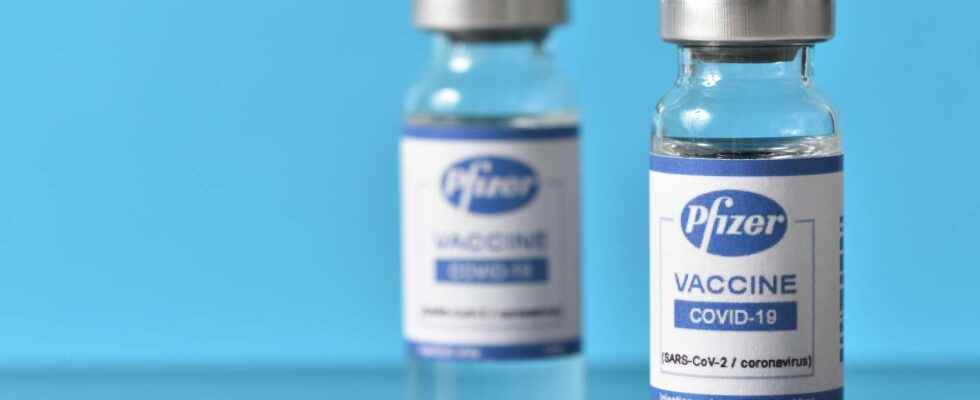We have heard over and over again that Covid-19 vaccines do not decrease the transmission of SARS-CoV-2. However, we know that this is however the case concerning the Alpha variant. British researchers wanted to analyze this reduction for the Delta variant. This seems less important, but still exists.
You will also be interested
[EN VIDÉO] 5 questions about the Delta variant The Delta variant or B.1.617.2 variant, previously called the Indian variant, is causing concern to health authorities. How is it different? Should he worry us?
Consistently with fuzzy trace theory, here is what many people have learned about the effect of vaccination on the transmission of SARS-CoV-2 : ” the vaccine reduces severe forms but does not prevent transmission of the virus ”. Even among physicians, we have heard reasoning based on this type of consideration. If it is correct that the judgment criterion initially evaluated to estimate the effectiveness of vaccines is the risk of severe forms, it also appears to have a considerable, albeit less, effect on the transmission of the virus. However, we still knew very little about the Delta variant. A recent study published in the New England Journal of Medicine corrects the shot.
Vaccine modestly reduces transmission of the Delta variant
Scientists conducted a retrospective study using data from UK public health authorities. The contacts included in the study were people who lived with a person who tested positive and who had performed a PCR test within 10 days of exposure to the virus in one of the three national medical laboratories. The results suggest that transmission of the Delta variant is reduced by vaccination. However, the Pfizer vaccine seems more effective than the vaccine AstraZeneca (-35 to 61% for Pfizer against -18 to -30% for AstraZeneca). This is less than with the Alpha variant (-52 to -82% with Pfizer versus -22 to -70% with AstraZeneca). The most likely hypothesis currently is that the vaccine reduces transmission by lowering the viral load, which is consistent with the analyzes cited in the study. Unfortunately, protection against transmission appears to decline for both vaccines three months after the second injection.
Vaccination is necessary but not sufficient
While these results suggest that vaccination can play a non-negligible role in reducing the transmission of the virus, other strategies are also, or even more important, such as the implementation of sensor of carbon dioxide (a good marker for the presence ofaerosols infectious) and air purifiers in enclosed spaces and respect for barrier gestures even while being vaccinated.
Interested in what you just read?
.
fs6
